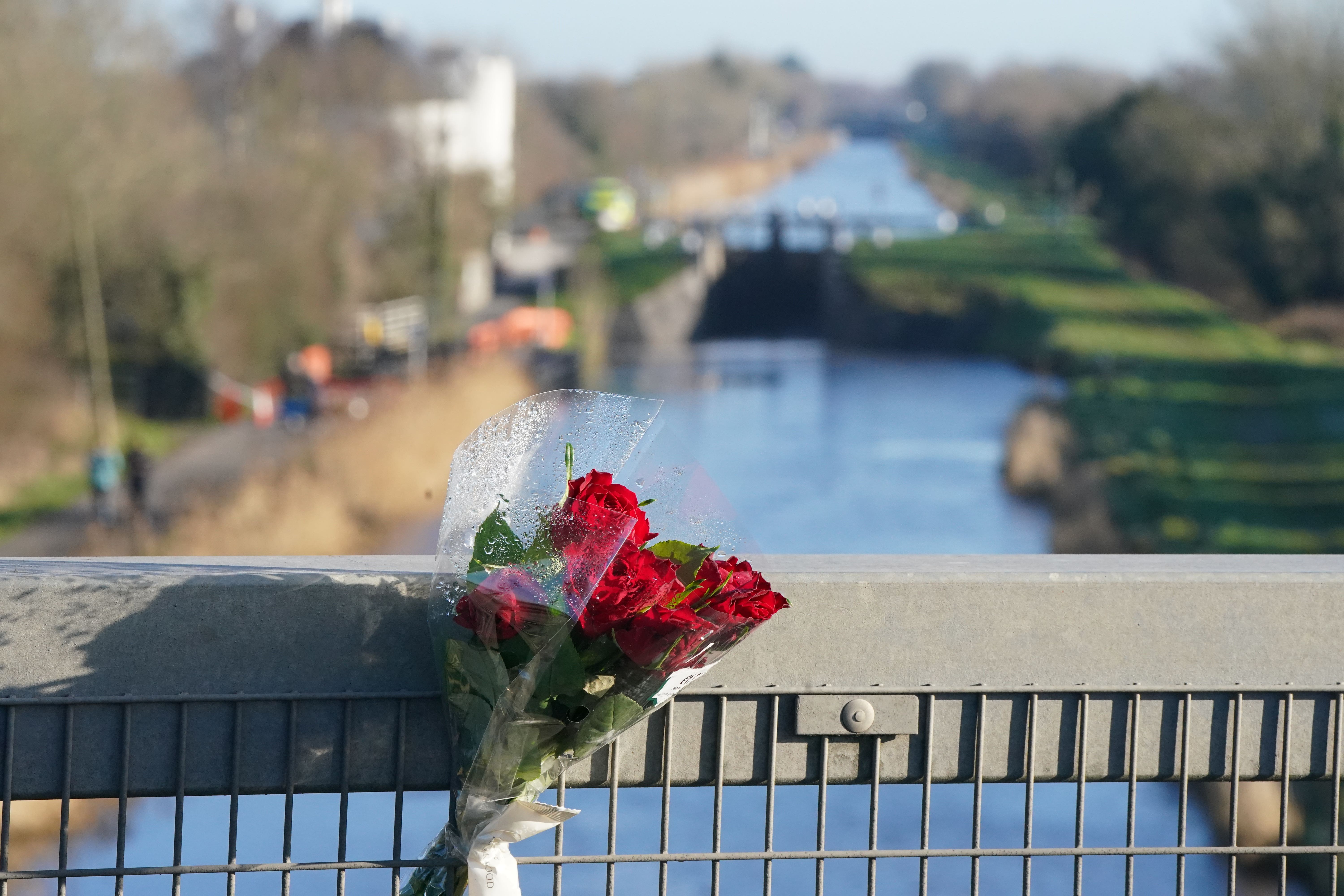Defence concludes its evidence in Ashling Murphy murder trial
Closing statements by the defence and prosecution are due to be given on Tuesday at the Central Criminal Courts.

The defence has concluded its evidence in the trial of a man accused of murdering Irish teacher Ashling Murphy.
The Central Criminal Court heard evidence from the final witness on Monday, a UK-based consultant who questioned whether Jozef Puska should have been medically assessed before being questioned by gardai.
Concluding statements from the prosecution and defence are due to be given on Tuesday and the jury is expected to begin deliberations on Wednesday, or Thursday at the latest.
Ms Murphy, 23, was killed while exercising along a canal path in Tullamore, Co Offaly, at about 3.30pm on January 12 last year.
Puska, 33, of Lynally Grove in Mucklagh, Tullamore, has pleaded not guilty to her murder.
The court had previously been told that Puska admitted killing Ms Murphy while speaking to gardai in St James’ Hospital in Dublin on the evening of January 14.
Giving evidence from the witness box last week, Puska said he was “trying to help” Ms Murphy after she had allegedly been attacked by another man, and said he could not recall “very well” his stay in hospital.
On Monday, defence witness Dr Johann Grundlingh, a UK-based doctor with experience in emergency departments and qualifications in toxicology gave evidence.
Speaking via video link, he said that he had examined a number of medical and hospital files and that a combination of factors had led him to have “concerns” about the conditions during which Puska spoke to gardai.
Puska presented to the emergency department on January 13 with wounds to his abdomen, which required surgery.
Dr Grundlingh told the court that a combination of having had surgery, a language barrier, of being in an unfamiliar environment and being given the drug oxycodone could cause confusion or distress.
He said that Puska was interviewed 18 hours after receiving surgery and did not have a relative with him to support his decision making.
He said that no hospital staff were consulted on whether he was fit to be interviewed, and did not formally medically assess him.
He said that he has “regularly made such assessments”, which involve examining the effect of any drugs on a patient’s capacity or ability to make decisions.
He said that, although there was no note in Puska’s medical records of him being confused or disorientated, Dr Grundlingh said that, if he was Puska’s doctor, he would need to see him in person to “actively exclude” that he was not suffering from a subtle type of confusion.
He said that a sudden delirium might manifest as poor communication, and that he has seen it in about 30-40% of his patients, although he added it is more common in very young or very old patients.
He said that this usually takes place within the first 48 hours after surgery and that this, combined with the other factors, gave him a reason to be concerned.
Under cross examination by Anne-Marie Lawlor SC, Dr Grundlingh was asked about a report he compiled based on his reading of hospital files about Puska’s stay at St James’ Hospital.
When asked about Professor Michael Ryan, Dr Grundlingh agreed with the description of him as an internationally renowned expert in toxicology and pharmacology.
Prof Ryan told the court previously that there was “no evidence” to suggest Puska’s admission to gardai was related to any drug.
Asked on Monday by Ms Lawlor if he was suggesting there was “a question mark” over the admission by Puska, Dr Grundlingh said this was correct.
When asked if this was no more than speculation, he said this was “a fair assumption”.
When asked if this the height of what he could offer, the witness said that was correct.
When asked if the conclusion that a hospital setting was unfamiliar to Puska was “speculation and assumption on your part”, Dr Grundlingh said that it was.
Ms Lawlor said that during Puska’s hospital stay between January 13 and 18 2022, it was at no point recorded that Puska was confused, and the witness agreed.
Dr Grundlingh told the court that it was “important” that a medical assessment is done to exclude a more subtle type of confusion and not as part of “tick-a-box” procedure.
In response to a question by Ms Lawlor, he said sometimes in his experience, these can be tick-box exercises.
Ms Lawlor said she was “somewhat surprised” as the hospital records were noted as “comprehensive, complete and clear”, and asked if there was a reason to doubt them.
“No, I do believe what they recorded is accurate,” Dr Grundlingh replied.
The case is due to resume at 10.30am on Tuesday.
Bookmark popover
Removed from bookmarks